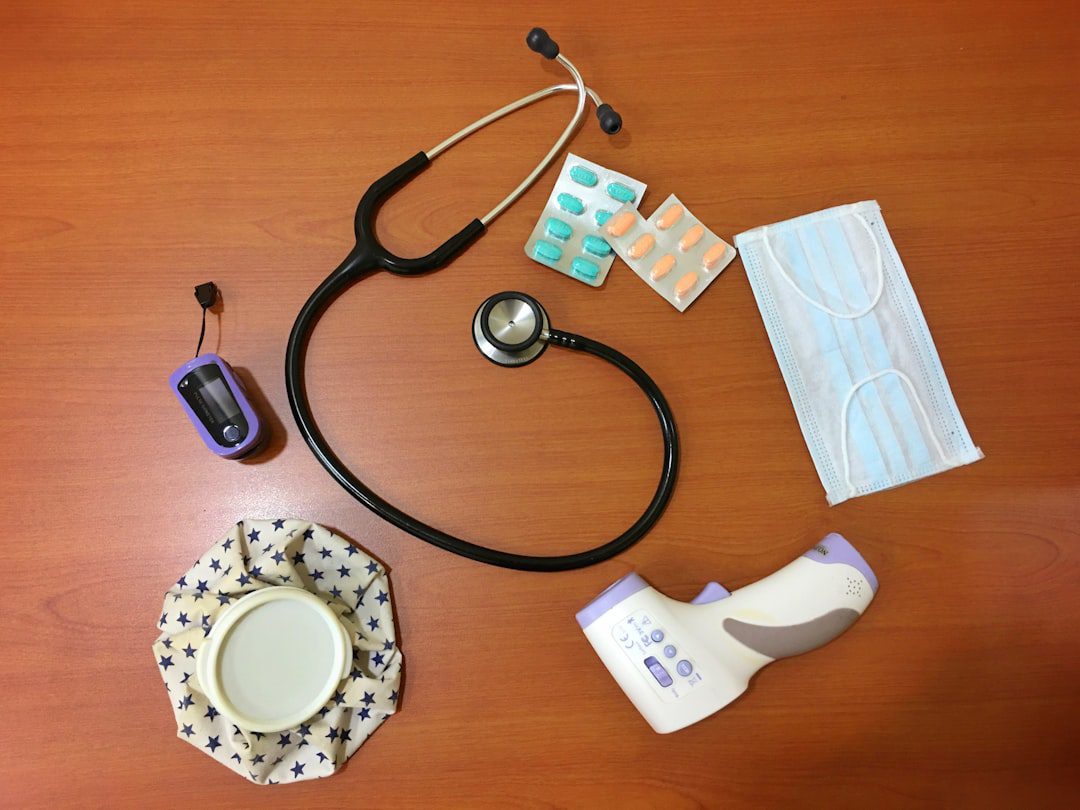
Congressional Leaders Push for Enhanced Medical Device Recall Process
U.S. Representative Jan Schakowsky and Senate Majority Whip Dick Durbin have introduced the Medical Device Recall Improvement Act, legislation that could significantly reshape how medical device manufacturers handle recall communications and patient notifications. This bipartisan initiative addresses longstanding gaps in the current recall system that have left patients uninformed about potentially dangerous devices.
Key Requirements Under the Proposed Legislation
The Medical Device Recall Improvement Act introduces two critical mandates that manufacturers must understand:
- Electronic Recall Notification Format: The FDA would be required to establish standardized electronic formats for medical device recall notifications, streamlining communication between manufacturers, FDA, hospitals, and healthcare professionals.
- Enhanced Patient Communication Requirements: Manufacturers would be mandated to include specific information in recall notices about how the recall could affect patients with the recalled devices, with requirements for hospitals and healthcare professionals to relay this information directly to patients.
Why This Matters for Medical Device Manufacturers
Currently, medical device recalls often suffer from communication breakdowns that leave patients unaware of potential risks. Unlike pharmaceutical recalls, which typically involve products that can be returned to pharmacies, medical device recalls frequently involve implanted or durable devices that require ongoing patient monitoring and potential medical intervention.
The proposed legislation addresses a critical compliance gap that manufacturers have long struggled with: ensuring effective patient notification throughout the recall process. Many manufacturers have faced challenges in tracing devices to end users, particularly for implantable devices where patient identification depends on healthcare facility record-keeping.
Potential Impact on Current FDA Recall Procedures
Under existing FDA regulations in 21 CFR Part 806, manufacturers are already required to maintain records that enable effective recalls and to notify the FDA within 24 hours of initiating a recall. However, the current system lacks standardized electronic formats and comprehensive patient communication requirements.
The new legislation would likely complement existing requirements under the Medical Device Reporting (MDR) regulation (21 CFR Part 803) and could create additional documentation and communication obligations for manufacturers.
Compliance Recommendations for Manufacturers
While this legislation is still in the proposal stage, manufacturers should proactively prepare for potential changes:
- Review Current Recall Procedures: Assess your existing recall communication processes and identify gaps in patient notification capabilities.
- Strengthen Traceability Systems: Ensure your device tracking and record-keeping systems can support enhanced patient identification and communication requirements.
- Develop Electronic Communication Capabilities: Begin evaluating your technical infrastructure for standardized electronic recall notifications.
- Update Recall Templates: Review current recall notice templates to include more comprehensive patient impact information.
- Engage with Healthcare Partners: Strengthen relationships with hospitals and healthcare professionals who serve as critical links in patient communication.
Next Steps and Timeline
As with all proposed legislation, this bill must navigate the congressional review process before becoming law. Manufacturers should monitor the legislation’s progress and prepare for potential implementation requirements. The FDA would likely need to issue guidance documents and potentially revise existing regulations to accommodate the new electronic format requirements.
Medical device manufacturers should also consider participating in industry association discussions and public comment periods that may arise during the legislative process. This engagement can help ensure that implementation requirements are practical and achievable while maintaining the legislation’s patient safety objectives.
Conclusion
The Medical Device Recall Improvement Act represents a significant potential shift in recall communication requirements. Manufacturers who proactively assess and enhance their recall communication capabilities will be better positioned to comply with future requirements while demonstrating their commitment to patient safety and regulatory excellence.


No comments yet. Be the first to comment!